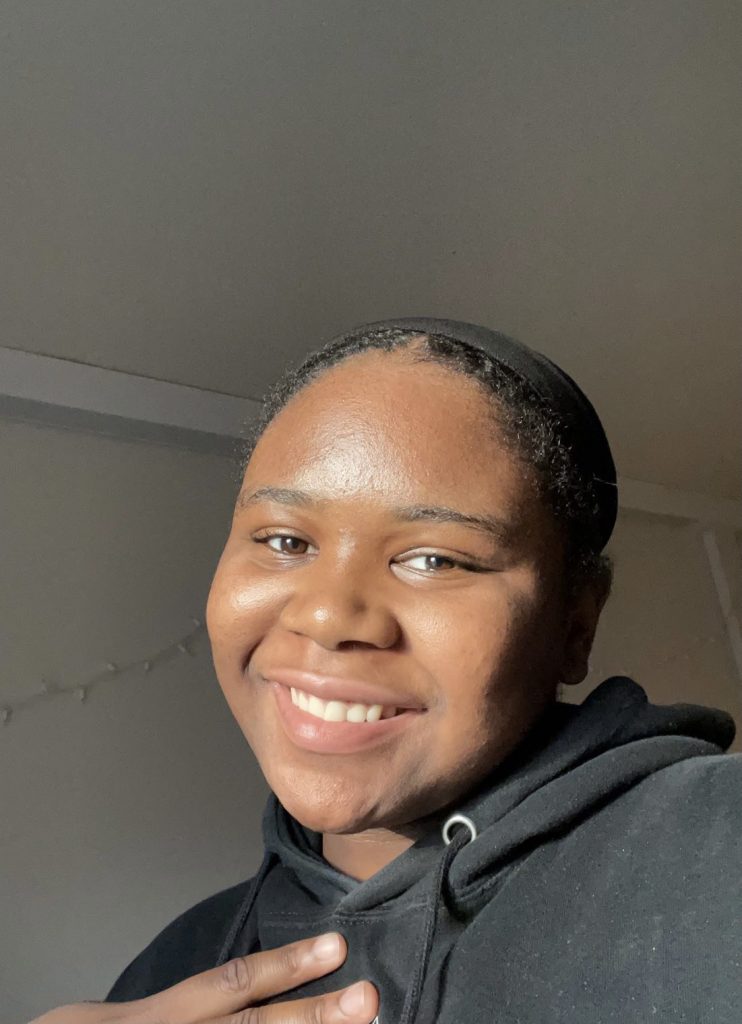- The readings for this week’s class presented me with different ideas for researchable questions. The issues I am thinking about include diversity in our schools. How do we disaggregate data and the relationship to standardized tests? The pandemic has produced a lot of changes in our society and no other area has seen greater changes than our educational system.
Per our article, “An organization [is] a living culture… that can adapt to the reality as fast as possible.” — Abdi Osman Jama. My question is: did school systems (organizations) adapt to the COVID reality fast? I was finishing my associates degree and professors struggled. I self- taught statistics. It was not pretty.
I watched the news in Syracuse and our largest district struggled. Was there a rapid adaption to this new normal? How did students perform?
There is one point I would like to make on diversity. I believe all of us need to expand our definition of diversity. Sometimes when I read articles or watch news programs on diversity the term is utilized in a very narrow context. There are many forms of diversity. We all may consider the definition from our personal experiences and that’s to be expected but I think it’s important to consider it in a larger context. Thinking of the many kinds of diversity:
Cultural diversity
Racial diversity
Religious diversity
Disability
Age diversity
Sex / Gender diversity
Sexual orientation
3. There were many statistics from “Why diversity matters,” that sparked my interest. One of my personal favorites is that “Companies in the top quartile for racial and ethnic diversity are 30 percent more likely to have financial returns above their respective national industry medians.” The article goes on to point out that as a society we are closely linked and a global world. Thus, the more diverse the company the better the results. Even Syracuse’s University College understands that their mission is global. Central to expanding and strengthening the University’s global offerings is the rebranding of University College to Syracuse University Global. I’m a prime example of this global diversity. Last semester I’m in Syracuse, my Russian professor is in South Africa, my classmates were in Washington state and overseas.
So, with all these statistics and all this knowledge…it begs the question “Why aren’t all organizations more diverse since it clearly results in greater profits?” If you won’t be diverse for the reasoning it’s those diverse backgrounds and perspectives lead to an array of ideas, knowledge, as well as approaches to doing things… then do it for financial reasons. The bottom line is that diverse organizational culture gives the organization a competitive advantage.








